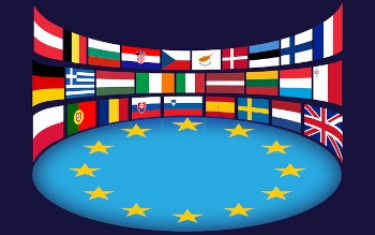Reuters reported that the European Commission, the executive arm of the EU, had been looking into the Slack complaint since October last year.
The EC had now sent out a fresh lot of questions to those whom it had canvassed in October which was taken as a sign that the ground was being readied for a formal probe.
The Slack complaint, made in July 2020, accused Microsoft of tying its Teams product into its Office suite in what was alleged to be an "illegal and anti-competitive practice of abusing its market dominance to extinguish competition in breach of European Union competition law".
Microsoft introduced Teams in 2017, in a bid to capture a slice of the market for business communications.
Slack accused Microsoft of tying "its Teams product into its market-dominant Office productivity suite, force installing it for millions, blocking its removal, and hiding the true cost to enterprise customers".
At the time, Jonathan Prince, Slack's vice-president of Communications and Policy, said: "We’re confident that we win on the merits of our product, but we can’t ignore illegal behaviour that deprives customers of access to the tools and solutions they want.
“Slack threatens Microsoft’s hold on business email, the cornerstone of Office, which means Slack threatens Microsoft’s lock on enterprise software.
“But this is much bigger than Slack versus Microsoft – this is a proxy for two very different philosophies for the future of digital ecosystems, gateways versus gatekeepers.
“Slack offers an open, flexible approach that compounds the threat to Microsoft because it is a gateway to innovative, best-in-class technology that competes with the rest of Microsoft’s stack and gives customers the freedom to build solutions that meet their needs.
"We want to be the 2% of your software budget that makes the other 98% more valuable; they want 100% of your budget every time.”
The use of communications software has grown by leaps and bounds during the pandemic years, with Teams being a big beneficiary.




































